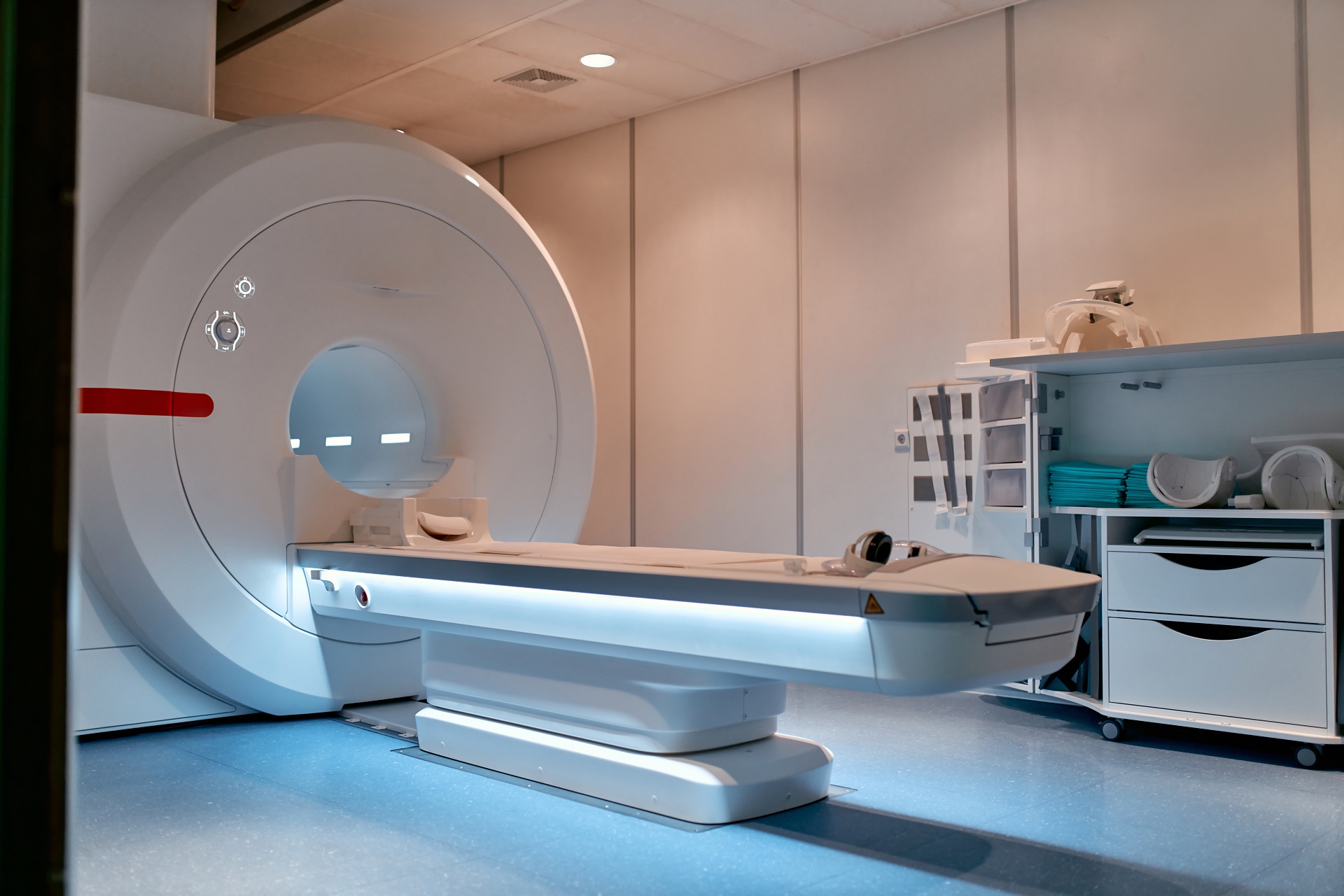
How RPA is revolutionizing the Healthcare Sector

FoxERP
Healthcare is a human-intensive industry where patients and healthcare workers work together to drive the business.
Whether it is the clinics, hospitals, or healthcare institutions, human-intensive, manual things remain common, making it imperative for the healthcare industry to leverage the benefits of digital tools and technologies.
With the emergence of the COVID-19 pandemic, the significance of getting digitized has become the new normal, which is not only limited to the manufacturing, retail, and services sector but has occupied almost every domain.
Healthcare, too, has started digitizing its business processes, enabling the healthcare sector to leverage the benefits of digitization and achieve growth, promote resilience, and implement smart ways of business.
Many emerging technologies are hovering around the market, and Robotics process automation (RPA) is one of them.
RPA has great potential to digitize several industries.
It has become visible in sectors across geographies, with companies benefiting from the accuracy, easiness, and precision that RPA provides to organizations.
Recent research suggests that the global market value of RPA will reach USD 6.9 Billion by 2025.
Factors such as digitization, rise in demand for digital technologies, and surge in internet penetration are fuelling the growth of the RPA market.
RPA has potential application in the healthcare sector as well, revolutionizing the entire healthcare activities across various business processes.
Healthcare systems comprise multiple burdensome tasks and strict regulations that require massive resource allocation, such as claims management, patient scheduling, equipment, and inventory management, among others.
Utilizing the RPA effectively will not only lead to digital transformation in healthcare.
Still, it will also help the user’s healthcare providers address the issues mentioned above and make healthcare systems more efficient, healthcare processes faster, and improve the overall levels of the patient experience.
Another research suggests that implementing RPA in Healthcare led to advantages such as reducing the manual work by 85% across the process end-to-end, right from data extraction to policy decisions, along with an improvement in data accuracy to 99% from 62%.
The benefits of RPA in Healthcare tell a lot more about the potential that RPA holds in revolutionizing healthcare in the upcoming days.
1. Easy facilitation of processes
With RPA solutions implementation, medical organizations facilitate the business processes in healthcare easily without increasing their labor costs, which account for almost 60% of hospital operating expenses.
2. Massive Cost Reductions
In an industry like healthcare, cost reductions are a vital component.
By leveraging RPA in Healthcare, medical organizations could perform labor-intensive tasks as much as 60% faster while reducing the associated costs by as much as 80%.
Such considerable figures show the massive potential RPA holds to reshape the Healthcare industry.
3. Increased Collaboration
Collaboration among business processes has become the new normal.
This becomes more important while dealing with RPA to improve knowledge sharing and cooperation among organizations involved in medical care delivery, leading to enhanced digital patient experience, and delighting customers.
Furthermore, RPA has got multiple potential applications in the Healthcare sector, such as automated processing of business processes, streamlining tedious tasks, and managing inventory to avoid stockouts.
These potential applications allow healthcare businesses to leverage digital tools and emerging technologies to drive efficiency, promote resilience, and increase productivity.
Conclusion
Digital is the new normal, which has become a reality nowadays.
Like other sectors, healthcare is also witnessing larger applications of digital tools, promoting digitization and leveraging emerging technologies such as RPA, which has already started benefitting the industry, with a lot more coming in the upcoming days.
Recent Posts

FoxERP
Unleashing the Power of ERP Cloud Migration: Benefits, Challenges, and Options
In the contemporary business landscape, Enterprise Resource Planning (ERP) systems play a pivotal role in driving operational efficiency and facilitating strategic decision-making. With the rapid evolution of cloud technology, organizations are increasingly exploring the option of migrating their ERP systems to the cloud to unlock a plethora of benefits and drive digital transformation.

FoxERP
The ERP Revolution: Navigating Enterprise ERP System Challenges
Enterprise Resource Planning solutions can be a lifesaver for businesses. It enables you to automate all your day-to-day business processes in a centralized and streamlined platform. Today, most business organizations implement ERP solutions like FOX ERP to improve business operations, boost data security and data quality, automate workflows, and enhance customer service.

FoxERP
Unlocking Organizational Success by Embracing the Strategic Roadmap to ERP Implementation
Do you know? The global ERP software market is expected to reach a staggering $78.40 bn by 2026, growing at a CAGR of 10.2%. The global ERP software market is estimated to take over 40% of the market share by 2025.



